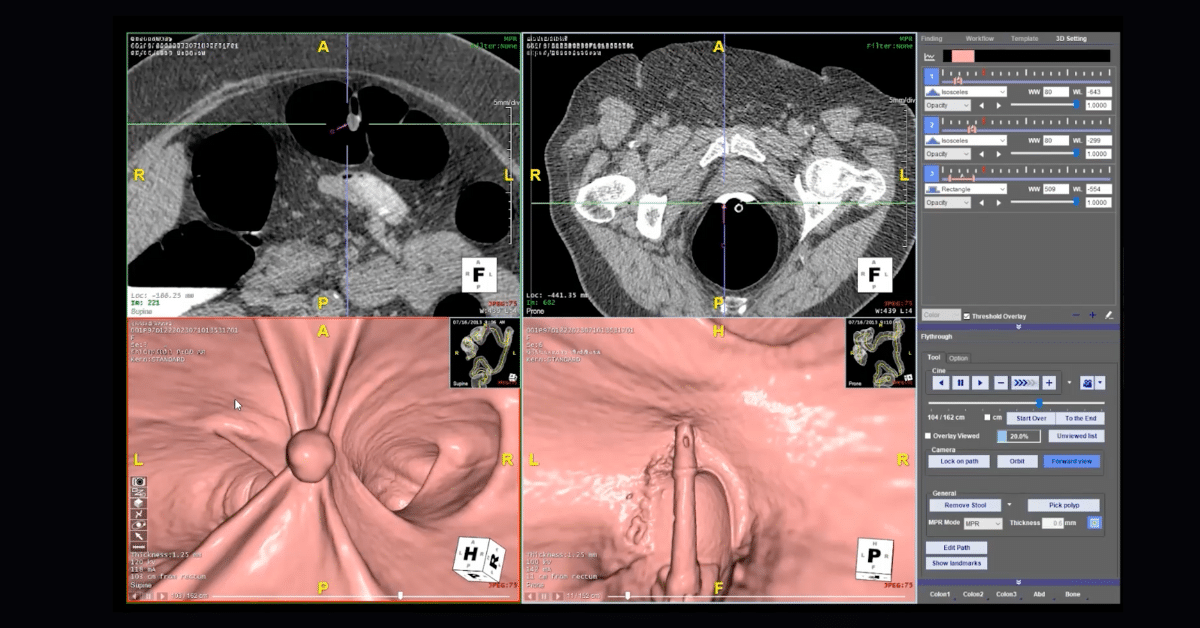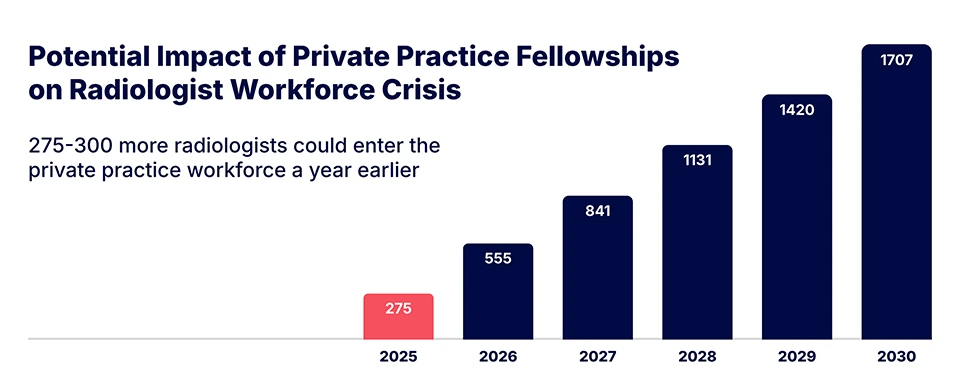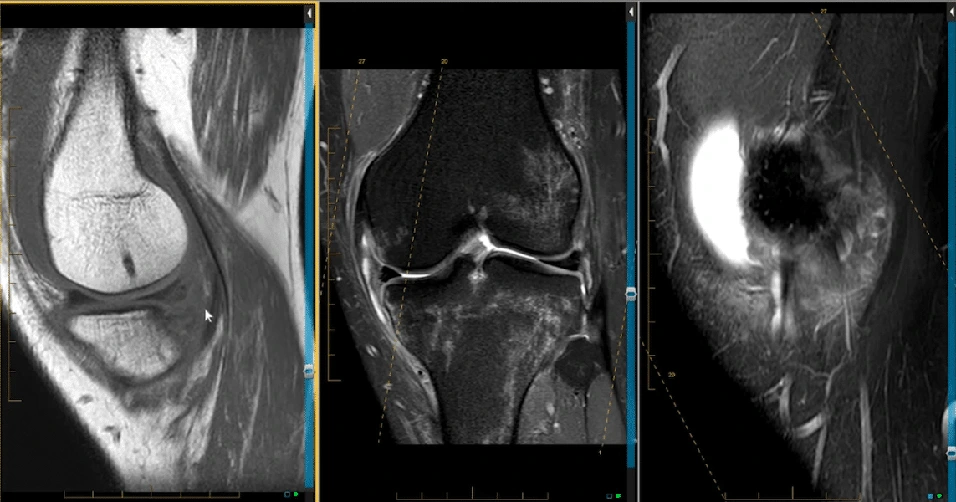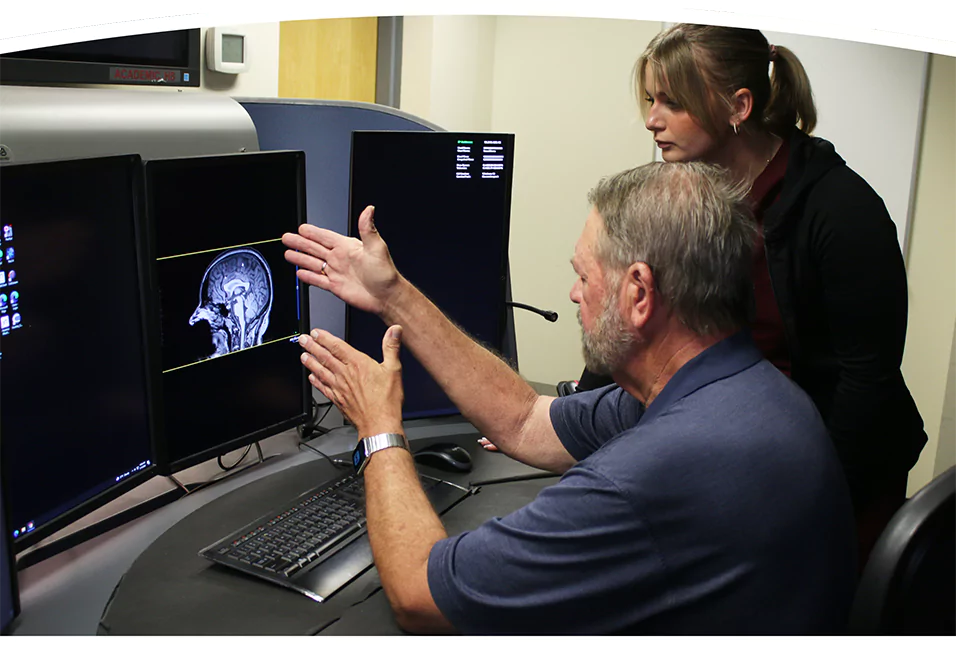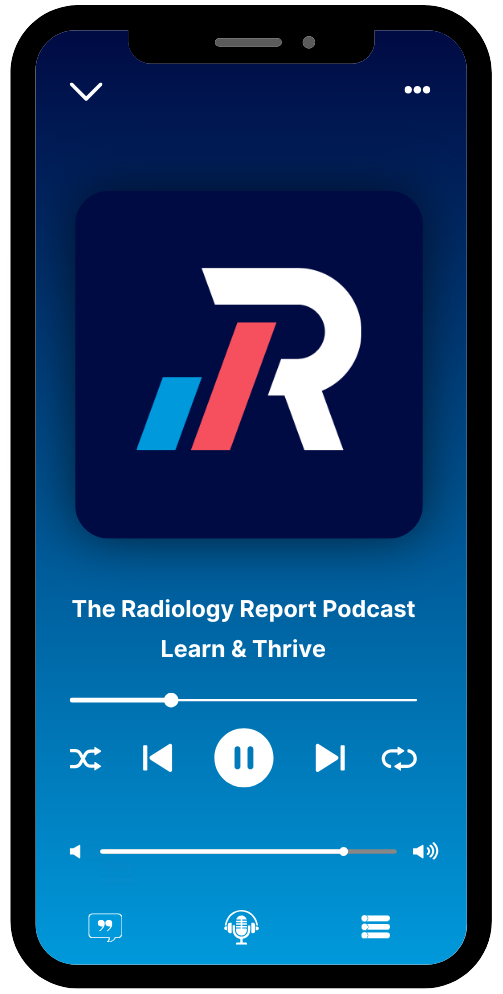The U.S. Centers for Medicare and Medicaid Services (CMS) announced on July 11 a significant advancement in the fight against colorectal cancer: the proposal to cover CT colonography screening. This minimally invasive screening tool marks a pivotal step in providing more accessible and less intrusive cancer screening options for Medicare patients.
CT colonography radiology offers a powerful – and accurate – alternative for detecting precancerous polyps without the need for anesthesia. The move promises a more comfortable experience for patients while maintaining the effectiveness of traditional diagnostic methods.
In a prepared statement, the American College of Radiology (ACR) praised the move, calling it a “big step forward in providing Medicare patients access to a minimally invasive CRC screening tool that can detect precancerous polyps and does not require anesthesia.”
Radiologists and radiology practices must prepare for an expected increase in imaging volumes following this announcement by becoming more proficient in virtual colonoscopy. CT colonography courses and training programs can provide the resources needed to gain expertise in this advanced screening technique to meet increased demand.
What are the current guidelines for colorectal cancer screenings?
Preventative healthcare includes colorectal cancer screenings aimed at early detection and intervention. Current guidelines recommend several traditional screening methods, including colonoscopy, fecal occult blood tests (FOBT), and sigmoidoscopy. These methods have proven effective in identifying colorectal cancer and precancerous polyps, reducing the incidence and mortality rates associated with the disease.
Colonoscopy is the gold standard. It involves a thorough examination of the entire colon using a flexible tube with a camera. Although effective, it requires bowel preparation, sedation, and recovery time, which deters some patients from undergoing the procedure.
The benefits of CT colonography screening
In contrast, the newly proposed virtual colonoscopy offers a minimally invasive alternative. This innovative screening method isn’t new. It has existed for over 30 years and boasts numerous advantages over traditional colonoscopy.
CTC requires less patient preparation and eliminates the need for sedation. Virtual colonoscopies also lower the risk of complications such as bowel perforation.
The CMS’s recommendation of CT colonography screening represents a significant shift toward patient-friendly, accessible options.
How do CT colonoscopy courses prepare radiologists?
As the Centers for Medicare and Medicaid Services propose including CT colonography as a covered screening option for colorectal cancer, radiologists and radiology practices must adapt. Comprehensive training is essential to support this transition.
Medality offers a comprehensive CT colonography course led by esteemed experts Dr. Judy Yee of Montefiore Medical Center and Dr. Kevin Chang from Boston Medical Center. The virtual colonoscopy course equips radiologists with the necessary skills and knowledge to proficiently conduct and interpret CTCs.
Radiologists can take the online course at their convenience to educate themselves about every facet of CT colonography screenings. Key components of the course include:
- Overview of risk factors for developing colorectal cancer. Understanding the various risk factors – age, family history, and lifestyle choices – helps radiologists identify high-risk patients and emphasizes the importance of regular screenings.
- Epidemiology of colorectal cancer. Dive deeper into the incidence, prevalence, and mortality rates of colorectal cancer, highlighting trends and the impact of early detection on patient outcomes.
- Current guidelines for diagnosing colorectal cancer. A comprehensive review of existing screening methods, including colonoscopy and fecal occult blood tests, sets the stage for comparing these with the benefits of CT colonography.
- Patient preparation techniques for CT colonography radiology. Proper patient preparation improves the accuracy of imaging. Learn best practices for bowel preparation to guide patients for optimal results.
- How to read a virtual colonoscopy. Interpreting CT colonoscopies requires specialized skills. Radiologists get detailed instruction on reading and analyzing the images to help them detect and diagnose abnormalities with confidence.
- Key Features for Describing Conditions Identified in CT Colonographies (C-RADS). The C-RADS (CT Colonography Reporting and Data System) classification is essential for standardized reporting. Radiologists learn to describe findings accurately and consistently, facilitating clear communication with other healthcare providers.
- 10+ Case Reviews Covering Pathologies of the Colon. Practical, hands-on experience is invaluable. The course includes over ten case reviews, showcasing a variety of colon pathologies, allowing radiologists to apply their knowledge in real-world scenarios.
Preview the course
Learn the basics of CT colonography radiology
The proposed inclusion of CT colonography as a Medicare-covered screening option marks a significant shift in the fight to detect colorectal cancer early.
As this minimally invasive technique gains prominence, it is imperative for radiologists and radiology practices to stay ahead of the curve. CT Colonography courses offer an invaluable opportunity for medical professionals to gain comprehensive knowledge and practical skills in this emerging modality.
